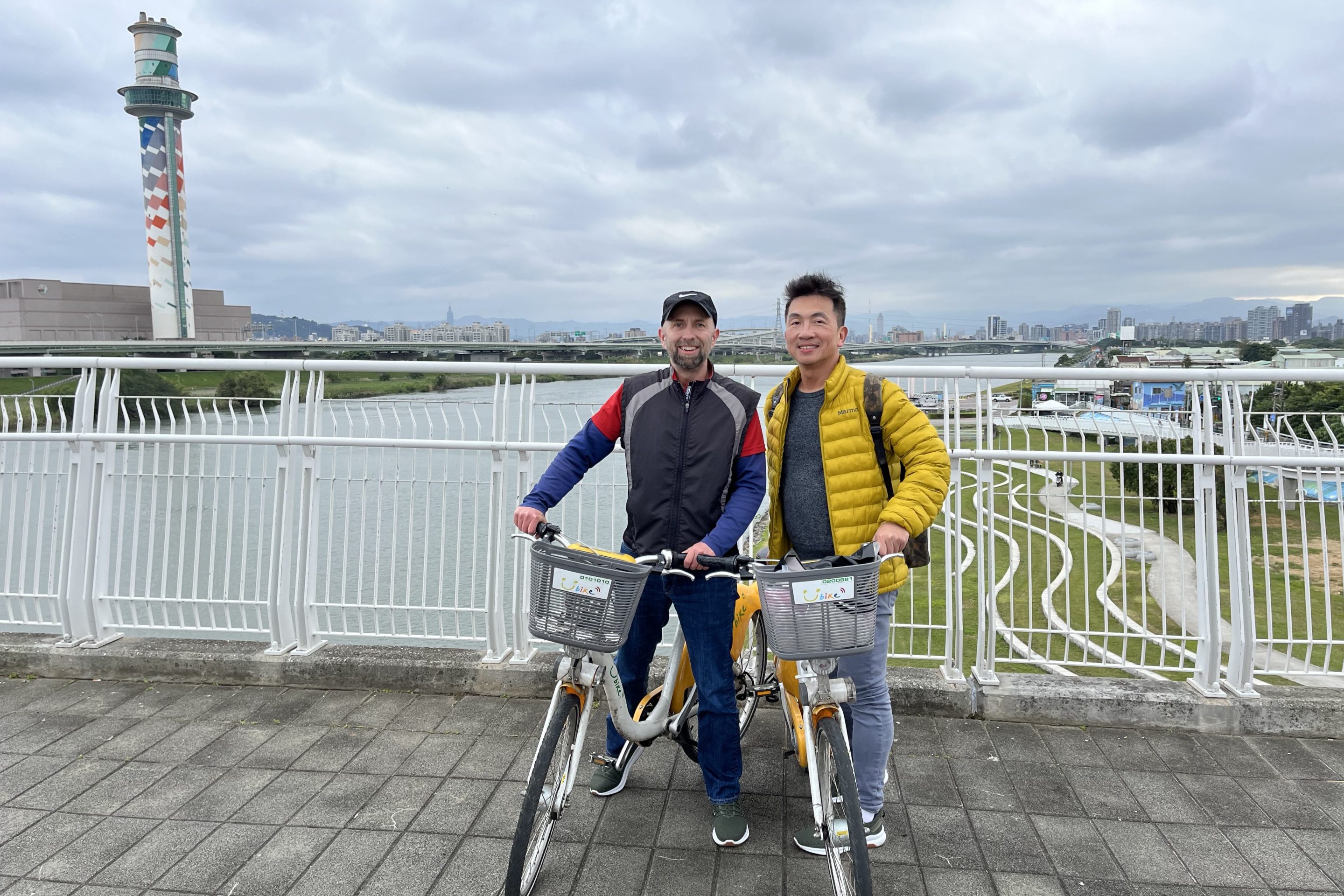As the SFMTA strives to hone its parking enforcement effectiveness, assaults against Parking Control Officers (PCOs) have remained not only a threat to the safety of civil servants in the line of duty, but also an obstacle to the safety of our streets which they are vitally charged with maintaining.
In response to SFMTA Board Director Cheryl Brinkman's pressing the issue of sidewalk parking at Tuesday's Policy and Governance Committee meeting, Deputy Director of Enforcement Joy Houlihan cited "neighborhood sensitivity" as one problem faced by PCOs when they attempt to issue tickets for violations.
In some areas like the Sunset District, according to Houlihan, the dominant attitude is: "Don't ever enforce in my neighborhood."
It goes without saying that the safety of PCOs should be a top priority, and the SFMTA did launch an assault prevention campaign, but it shouldn't be an excuse for tolerating illegally stored private property that creates a public nuisance and endangers some of the city's most vulnerable citizens.
"It is one of those violations that can be invisible to car drivers, but to pedestrians and especially to wheelchair users, it's huge," said Brinkman.
Houlihan said other neighborhoods like the Haight and the Castro overwhelmingly ask for enforcement. That attitude is likely more representative of neighborhoods where residents tend to walk frequently and not even own cars.
While the Sunset's relatively high car ownership may be one factor in its stronger resistance to enforcement, the way management instructs PCOs to cite sidewalk violations also comes into question. A sign of dissonance between policy and practice within the agency arose as SFMTA CEO Nat Ford recounted the official strategy on sidewalk parking.
"As a practice, historically, we didn't cite unless we got a call," Ford said.
"Correct, and we still do," Houlihan responded.
Ford then clarified the standing policy: "We changed that about a year or two ago, which is, whatever a PCO sees, we cite. That delineation was made."
However, it seems that consistent enforcement may not be the regular practice as Houlihan described blanket stings that are often used in problem areas after local violators are given two-weeks "fair warning." Ford sought to assure Houlihan that the policy of having PCOs cite violations as they see them was not in question, and didn't need to be reexamined.
Along with sidewalks, blocked intersections and crosswalks remain another rampant problem posed by people driving, endangering non-motorized street users and slowing transit vehicles. Although such moving violations involving confrontation with drivers are usually left to police, PCOs share responsibility in this area.
Sustainable Streets Director Bond Yee explained that a change in the California Vehicle Code ten years ago allows blocking an intersection to be cited as a parking infraction and mailed to the driver, thereby removing the risk for PCOs. Whether or not this could be used as a viable solution for regular parking enforcement in areas where officers feel at risk was not discussed.
In her presentation, Houlihan did report higher PCO effectiveness overall due to stepped-up training efforts. Despite having furlough days and 21 fewer officers, findings from November 2010 showed a 16.5 percent improvement in citations issued for violations of residential parking permit areas, overtime parking, yellow zones, tow-away zones, and bike lanes when compared to the same period in 2009.
Although total citations issued have fallen over the last year, revenue over the past five years has apparently remained flat and Houlihan says each officer is issuing more tickets overall.
Brinkman said the SFMTA needs to plan for a budget that is less dependent on citations as fines rise and parking behavior improves, and as SFPark allows more accurate parking pricing and easier payment.
"It's interesting because you have the PCOs who are no longer doing the street sweeping, we've got those PCOs redeployed. I would imagine with increased enforcement in [other] areas, we're going to start seeing fewer violations, and that's probably unintentionally created a cascading citation decrease," she noted.





